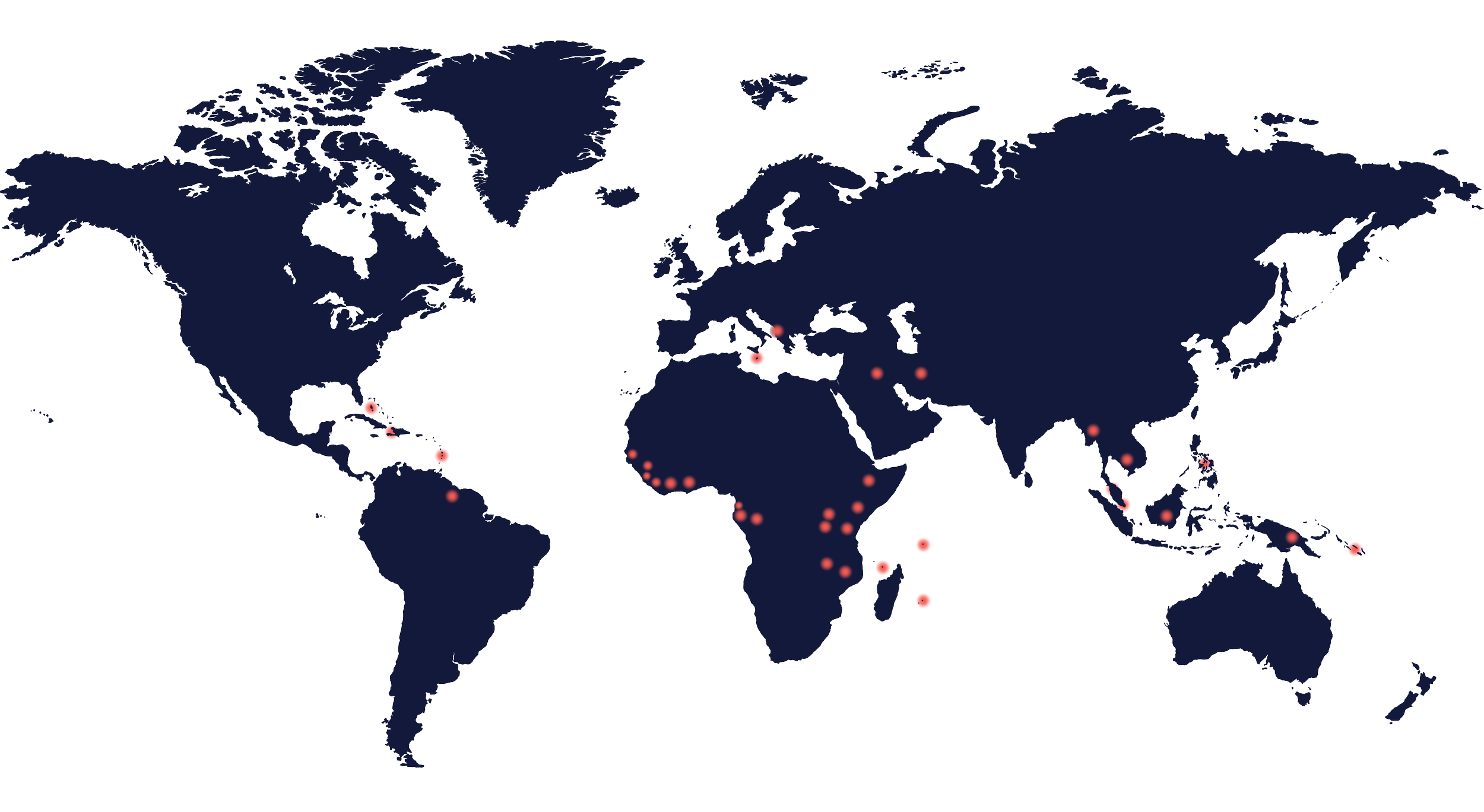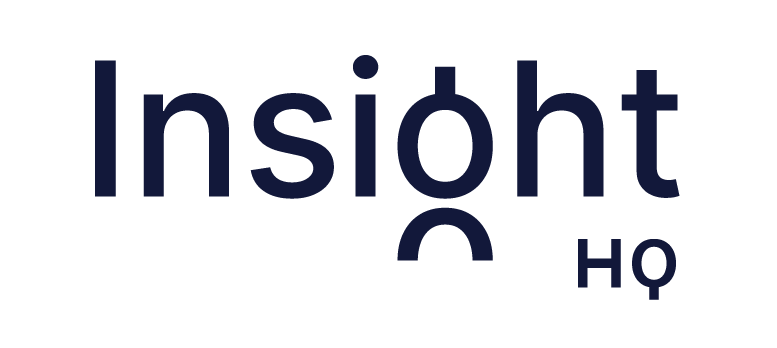
Overtaking the Historical Brewer
HEINEKEN ETHIOPIA
The Need
Heineken Ethiopia is the country's second-largest beer company, but its goal has always been to surpass the enduring market leader, BGI Castel. At some point, they recognized that to do so, they needed to understand the entire market landscape and realign their commercial organization to focus on top-performing beer outlets. They had to find a partner capable of sourcing quality data and turning it into actionable insights. That’s when we came into the picture! Together, we embarked on this project, determined to take the lead in the Ethiopian beer market.
The Plan
The first thing we needed to do was find an on-site partner that could help us ensure the best value-quality ratio for the study. By benchmarking the country's costs, we made an informed decision and selected an Ethiopian field agency called WAAS.
Melat, our local project manager, worked closely with the WAAS planning team to outline the coverage areas. We decided to adopt a region-by-region approach because of the significant differences in Ethiopia's beer market throughout the country. Afterward, we would distill the insights per each area with a one-day “quick wins” workshop. With a solid plan in place, the field agency, the client, and ourselves helped train the team over three days, including a project pilot on the last day.
1
Afterward, we conducted the "quick wins" workshop to extract valuable insights. During the first part of “quick wins” sessions, we analyzed data insights such as market share, distribution, attack/defend outlets, and Pareto contribution. This allowed us to develop actionable plans to focus resources on outlets with the most potential for significant growth. During the second part, we focused on sales force optimization. We utilized our tool to visualize the impact of sales representatives and visit frequency by tier, helping the team find the appropriate balance and determine the necessary team sizes. Then, Melat was able to create more balanced territories using our proprietary route-planning tool.
2
While the other regions were being enumerated, territories and day-by-day journey plans were elaborated and eventually uploaded into Heineken's SFA solution. We did this in sequence over a 12-month period. Once all the data was gathered, we facilitated a three-day channel strategy workshop. We looked at the data nationally and eventually prioritized the channels and the consumer and customer drivers driven by the data. We also created aspirations and shared growth targets for the next three years.
3
Project Details
Despite the challenges posed by the turmoils in the North region during this time, the Heineken Ethiopia Trade Census project succeeded. The team efficiently identified and implemented quick wins that helped our client improve its sales and distribution.
A key to success was the Channel Strategy Workshop, which brought together Heineken Ethiopia's sales, marketing, and operations teams to discuss the Trade Census’ key insights and develop a winning plan to improve performance. The insights were used to identify key areas for improvement, and the workshop helped the team develop a plan of action. All in all, it was a valuable opportunity for Heineken Ethiopia to get everyone on the same page and develop a shared vision for the future.
The Importance of Quick Wins
Quick wins are small, achievable, easily implementable projects that significantly impact a company's bottom line. In the case of Heineken Ethiopia, the quick wins identified during the Trade Census workshop helped the company increase its sales and distribution faster and more efficiently. Quick wins are important because they can help build a company's momentum and confidence. When a team sees that it can achieve quick wins, they are more likely to be motivated to tackle larger, more challenging projects.
The Importance of Channel Strategy
Channel strategy is identifying and targeting the most effective channels for reaching a company's target market. In the case of Heineken Ethiopia, the Channel Strategy Workshop helped the company find the most important channels for its business and develop a plan to reach them more effectively.
We also did this with data as we ran a Consumer and Customer study in parallel in every region—a qualitative survey over a sample of the universe where we interviewed consumers and customers within channels to identify what key driver the business can leverage to gain share in the market
Channel strategy is essential for any company that wants to succeed in today's competitive marketplace. A company can maximize its sales and profits by understanding its target market and the channels that are most effective for reaching the consumer via its customers in that market.
Conclusion
The Heineken Ethiopia Trade Census was a success. The project team overcame the challenges posed by the war in the North region. It delivered a high-quality data set that has helped Heineken Ethiopia become the number one brewer in the country. Melat’s smooth project management was key to our success. She was able to navigate challenges and ensure that the project was delivered on time.
These were other key aspects that led to positive outcomes:
Using a proprietary route-planning tool to create balanced territories for the sales team.
The identification of quick wins that could be easily implemented and that significantly impacted Heineken Ethiopia's sales and distribution.
The development of a Channel Strategy Workshop. This brought together Heineken Ethiopia's sales, marketing, and operations teams to discuss the Trade Census insights and develop a plan to improve the company's performance.
The Heineken Ethiopia Trade Census is a great example of how data-driven sales can help companies to achieve their goals. By understanding the beer industry potential of each outlet, Heineken Ethiopia was able to focus its sales efforts on the most promising opportunities. This resulted in a significant increase in sales and market share.





